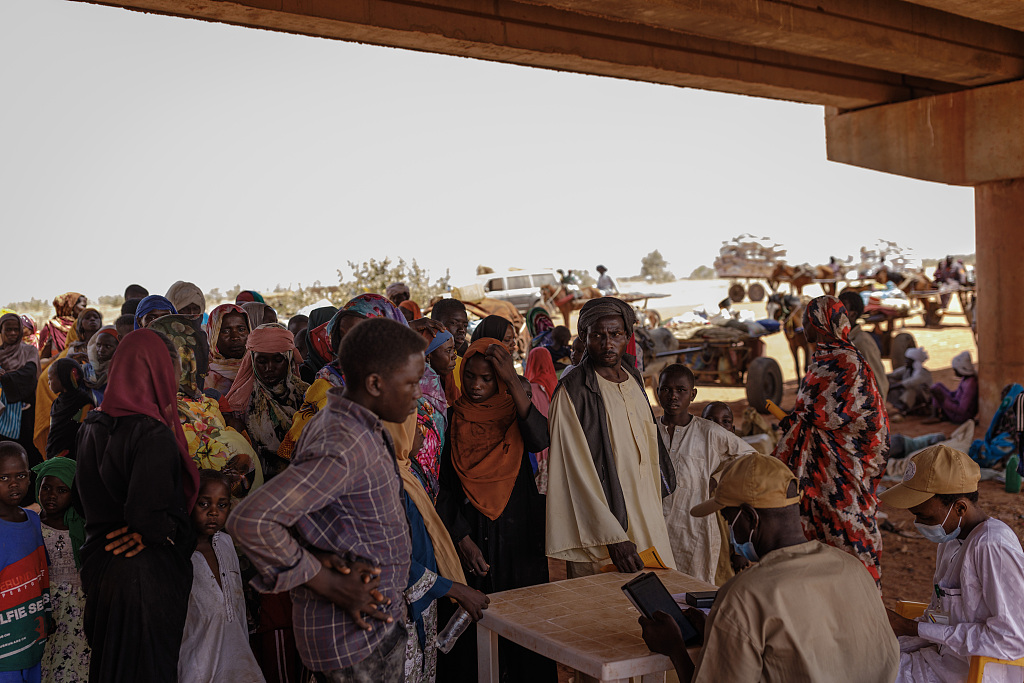
Global community to urge action on escalating Sudan crisis at UN General Assembly
The United Nations and member states will on Wednesday urge immediate action to protect civilians, increase humanitarian funding and access, and end the ongoing conflict as Sudan’s catastrophic humanitarian crisis enters its 18th month.
“Decisive international action is urgent. We need humanitarian access to everyone in need, through all necessary routes, ramped-up funding for the response, ironclad commitments to protect civilians, and most of all, real and inclusive steps to end this ruinous war,” Acting Under-Secretary-General for Humanitarian Affairs and Emergency Relief Coordinator, Joyce Msuya said.
Since April 2023, over 10 million people have fled their homes in Sudan, half of them children, with more than 2 million seeking safety in neighboring countries, according to a statement by the UN Office for the Coordination of Humanitarian Affairs (OCHA).
OCHA stated that Sudan now faces the world’s largest hunger crisis, with nearly 26 million people experiencing acute hunger—over half the population.
Despite facing chronic underfunding and large displaced populations before the conflict, neighboring countries continue to host Sudanese refugees.
“Countries neighbouring Sudan are generously hosting a rising number of refugees, but cannot shoulder that responsibility alone. People need humanitarian aid now and support to rebuild their lives,” the UN High Commissioner for Refugees, Filippo Grandi, said.
During the UN General Assembly in New York, co-hosted by OCHA, UNHCR, and international partners such as Saudi Arabia, Egypt, the U.S., the African Union, and the EU, the focus will be on the consequences if urgent collective action is not taken to address the crisis and end the fighting in Sudan.
The 2024 Humanitarian Needs and Response Plan for Sudan seeks 2.7 billion U.S. dollars to assist 14.7 million people by year-end, but it is currently only 49 percent funded.






